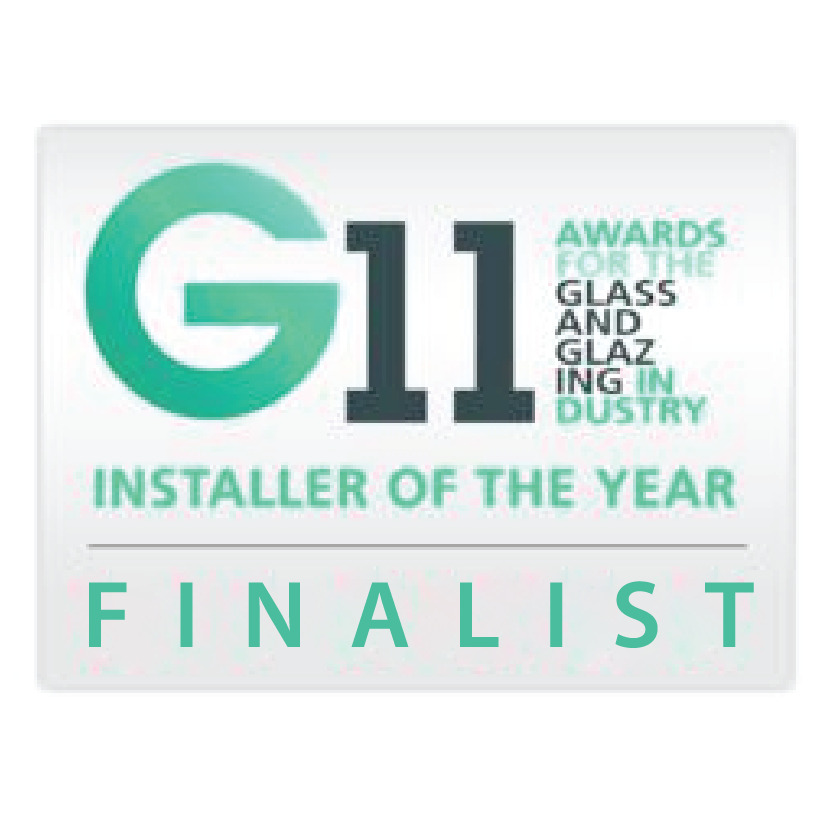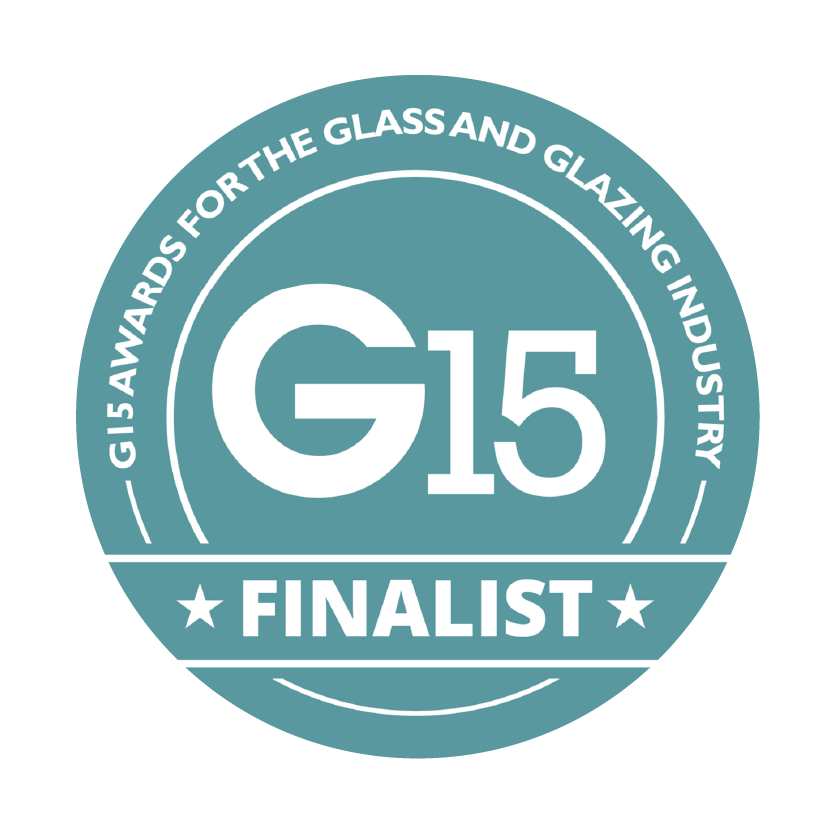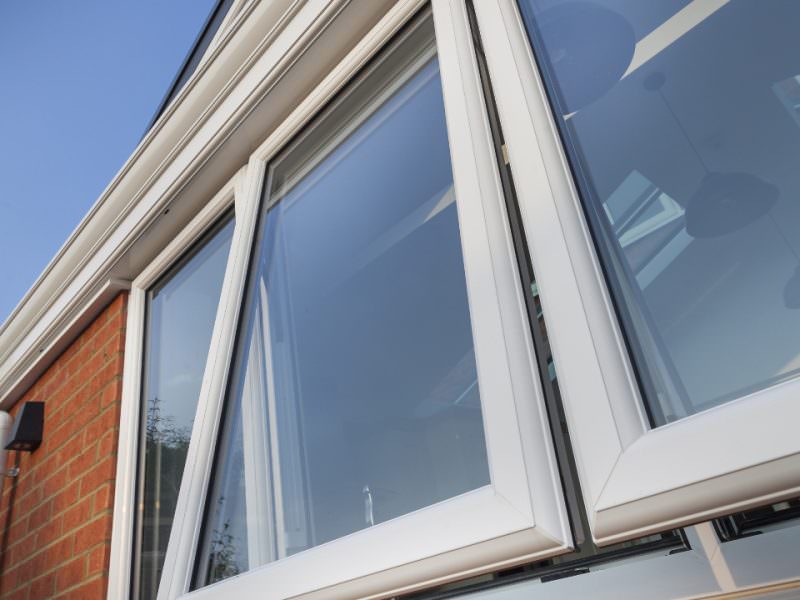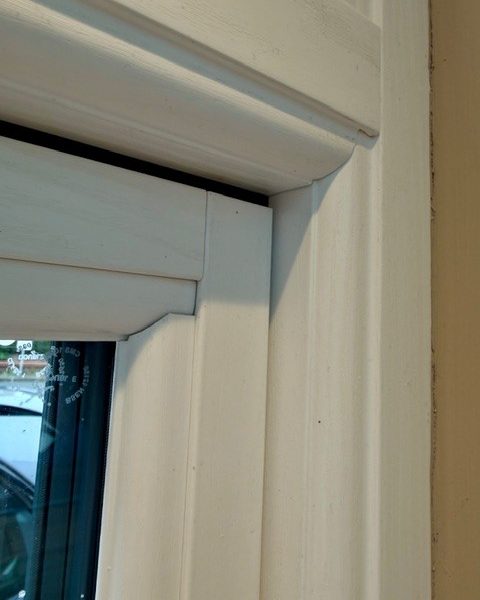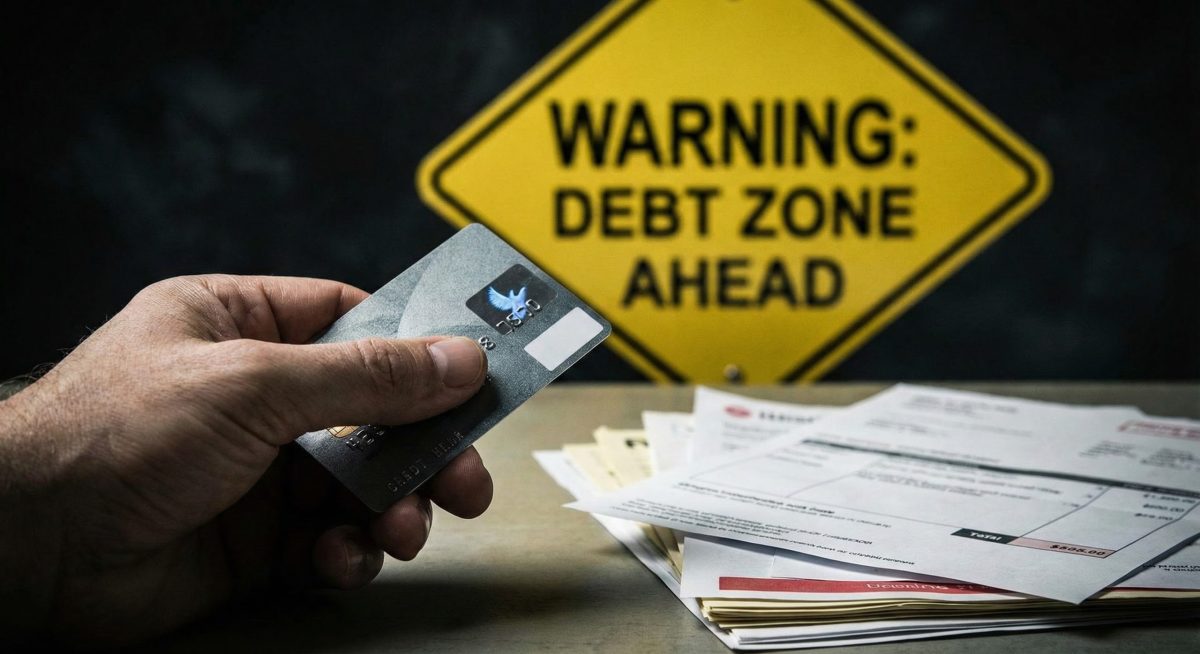
Timber - PVC - Aluminium - Windows, Doors & Conservatories in Hampshire
Windows On Finance – Double glazing interest free credit
Windows On Finance – Double glazing interest free credit

Key Takeaways: The Truth About Finance Deals
- “Interest-Free” isn’t free: Banks charge retailers huge subsidies (often 10-20% of the product value) to offer 0% finance deals.
- You pay inflated prices: To cover these bank subsidies, many national window companies significantly inflate their base prices for everyone.
- The BNPL Trap: Missing the settlement deadline on “Buy Now Pay Later” deals often triggers backdated high-interest charges on the whole amount.
- The KJM Approach: We do not offer finance packages. We provide a transparent, lower “cash price” without hidden bank markups, often saving you thousands compared to finance deals.
If you are looking for new windows, doors, or a conservatory, you have undoubtedly seen the adverts. Flashing graphics on websites and glossy TV commercials promising “Interest-Free Credit,” “0% Finance for 3 Years,” or “Buy Now Pay Later.”
On the surface, these offers seem incredible. They appear to be a way to get the home improvements you need right now without paying a penny extra for the privilege of borrowing the money.
You landed on this page because you are probably looking for a similar deal. But at KJM Group, we need to be honest with you: we do not offer finance packages.
Why? Because after decades in this industry, we know the truth about how these “deals” really work. We believe that in almost every case, so-called “free finance” ends up costing the customer significantly more money.
The KJM Philosophy: Honest Pricing First
We have made a conscious decision not to offer finance. Instead, we focus on providing our lowest, most honest price to every customer, every time. We don’t believe in inflating our prices to subsidise kickbacks to finance companies.
This guide will explain the hidden mechanics of the double glazing finance industry, the dangerous traps of “Buy Now Pay Later,” and why paying cash or arranging your own independent funding is almost always the smarter, cheaper choice.
1. The Illusion of “Interest-Free” Credit (IFC)
The most important thing to understand about finance is this: lending money is never free.
Finance houses and banks are businesses. They do not lend millions of pounds for windows and doors out of the goodness of their hearts. They have to make a profit. If they aren’t charging you interest, someone else is paying their fees.
In the home improvement industry, that “someone else” is the window company. The retailer has to pay a massive subsidy to the finance provider to offer you that 0% rate. For a typical 1-year interest-free deal, this subsidy can cost the retailer around 10% of the total loan value. For longer terms, that cost can easily exceed **20%**.
The Hidden Cost: Inflated Base Prices
So, if the window company has to pay a 10% to 20% fee to the lender, how do they recoup that cost? They add it to the price of your windows.
It is generally against financial regulations for a company to offer two different prices for the exact same product specification (e.g., one cheaper price for cash, and a more expensive one for 0% finance). So, how do they get around this?
They simply inflate their base prices for everyone. When a company heavily promotes 0% finance, their standard prices are usually significantly higher than an independent specialist to cover those hidden bank subsidies. You might not be paying “interest,” but you are paying a vastly inflated capital cost for the product.
If a company can afford to lose 10%–20% of the sale price to a finance company and still make a profit, it suggests their initial price was far too high to begin with. At KJM, we pass that saving directly to you.
Hypothetical Example: The Real Cost of 0%
Imagine a house full of new windows has a genuine, honest market value of £8,000. Here is how it plays out with a typical “0% finance” retailer versus an honest-pricing retailer like KJM, based on a standard 1-year interest-free term.
| Comparison | Typical “0% Finance” Retailer | Honest Retailer (e.g., KJM) |
|---|---|---|
| True Value of Windows | £8,000 | £8,000 |
| Hidden Finance Subsidy (approx. 10%) | + £800 (Built into price) | £0 |
| Quoted Price to Customer | £8,800 | £8,000 |
| Interest Charged | 0% | N/A (Cash Price) |
| TOTAL YOU PAY | £8,800 | £8,000 |
In this scenario, the “interest-free” deal actually cost the customer an extra £800. On longer finance terms, that figure could double.
2. The Dangers of “Buy Now Pay Later” (BNPL)
“Buy Now Pay Later” deals are often marketed as “Pay nothing for 12 months.” Like interest-free credit, these deals also incur subsidy fees for the retailer, keeping prices high.
Furthermore, they often come with a devastating “sting in the tail” for the consumer.
The “Sting in the Tail”: Backdated Interest
The small print in many BNPL agreements contains a crucial clause. If you fail to pay off the entire balance by the absolute final day of the deferred period (e.g., day 365 of a 12-month agreement), you don’t just start paying interest from that day onwards.
Instead, the lender backdates high-interest charges (often 15-25% APR) right back to day one.
If you miss that deadline by even twenty-four hours, or if you are £1 short of the full settlement figure, you could suddenly owe thousands of pounds in accumulated interest overnight. It is a financial trap that many people fall into.
3. A Better Way: Financing Your Project Independently
At KJM, we want you to get the best quality windows and doors for the best possible price. By refusing to offer inflated finance packages, we ensure our baseline prices remain competitive and transparent.
If you do need to borrow money to fund your home improvement project, sourcing your own finance independently is almost always cheaper than taking a packaged deal from a window installer.
Smart Alternatives to Installer Finance:
- Personal Bank Loans: High-street bank loans often have very competitive, low APR rates. Even with interest, the total amount repayable is often less than the inflated price of a “0% deal.”
- 0% Purchase Credit Cards: For smaller projects (like a single composite door), a credit card with a long 0% introductory period on purchases can be a genuinely free way to spread the cost, provided you are disciplined about paying it off on time.
- Remortgaging / Additional Borrowing: For large projects like conservatories or orangeries, adding the cost to your mortgage is often the cheapest way to borrow long-term due to low mortgage rates.
Conclusion: Don’t Pay More to Borrow “Free” Money
We understand why finance deals look tempting. But we urge you to look past the glossy marketing and do the maths. “Interest-Free” usually means “Price-Inflated,” and “Buy Now Pay Later” carries significant risks.
At KJM Group, we prefer to do business honestly. We give you our best price first—a price that reflects the quality of the product and installation, not the cost of hidden banking subsidies.
Get an Honest Quote Today
If you want a competitive price with absolutely no hidden financial costs, contact our friendly team. We guarantee no high-pressure sales tactics—just honest advice and quality products.
Frequently Asked Questions
We choose not to because providing 0% finance costs the retailer huge sums in bank subsidies (often 10-20% of the order value). To cover these costs, companies have to significantly inflate their initial prices. We prefer to offer transparent, lower prices to all our customers without hidden finance markups.
Rarely. While you may not pay “interest,” you are almost certainly paying a much higher capital cost for the windows themselves to cover the hidden subsidy the retailer pays to the bank.
Aside from inflated base prices, the biggest risk is failing to settle the full balance by the end of the deferred period. If you miss the deadline, many lenders backdate high-interest charges right to the start of the agreement, landing you with a substantial and unexpected bill.
We recommend sourcing independent finance. A low-rate personal bank loan, a 0% purchase credit card (paid off within the introductory period), or additional borrowing on your mortgage are often much cheaper methods overall than packaged installer finance deals.
- Industry News: The Future Homes Standard 2025 & What It Means for Your Windows - 1 December 2025
- KJM Group MD Attends House of Commons Event to Champion UK Glass Industry - 14 November 2025
- Industry News Alert: Pilkington Discontinues Classic Flemish Glass - 14 November 2025


